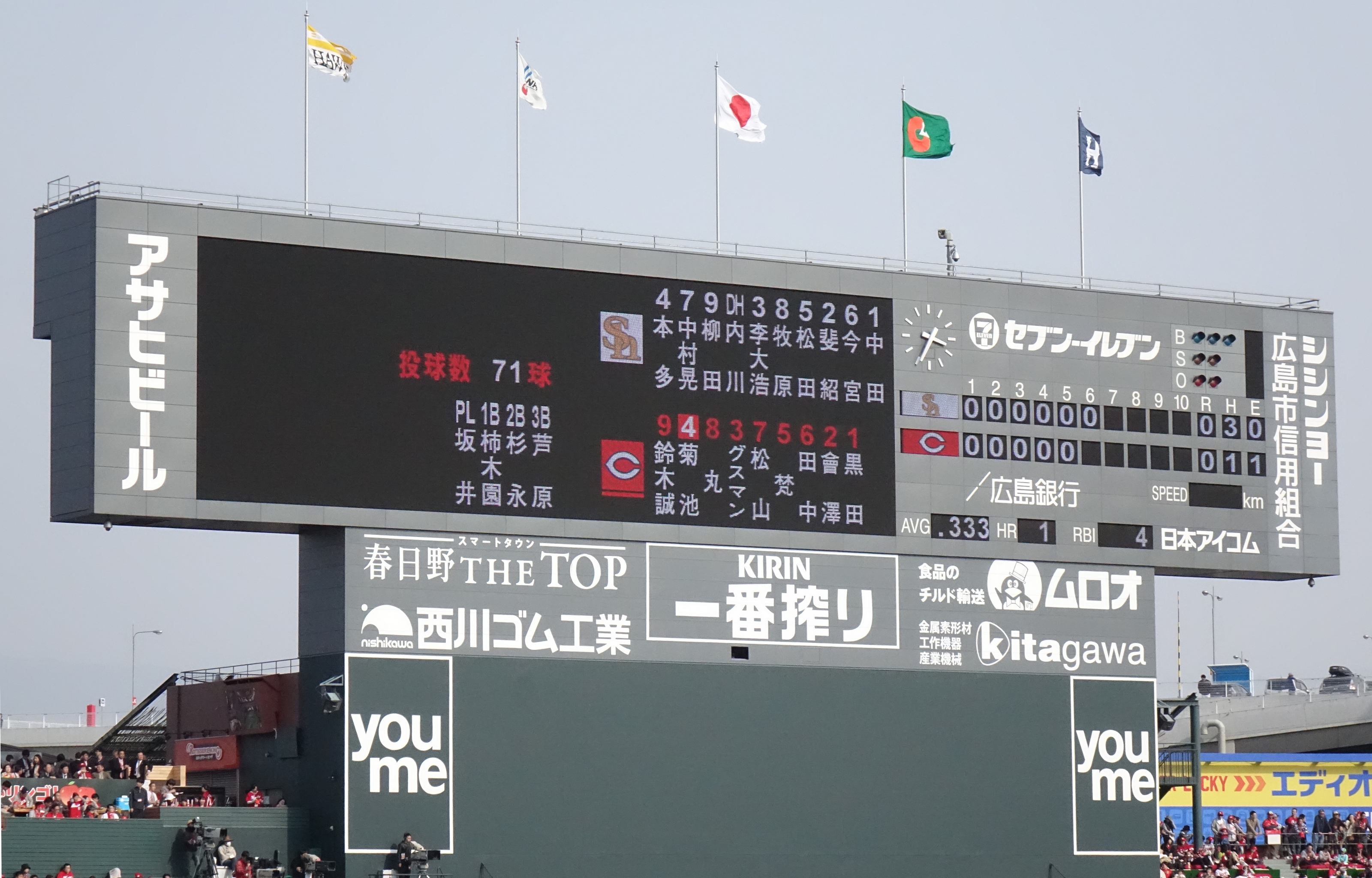“This is an historic day,” he told the Washington Post, after handing one of the last remaining U.S. soldiers a goodbye package that included Ho Chi Minh postcards and a bamboo scroll painting. “It is the first time in 100 years that there are no foreign troops on the soil of Vietnam.”
Colonel Bui Tin went to Saigon in 1973 to verify the departure of the last American combat troops. Two years later he returned, this time in combat, to the presidential palace.
It had been a long struggle for Col. Tin. He had fought against the French, who wounded him at Dien Bien Phu. After they left, he fought the next foreigners. When they left, he continued fighting. According to his Washington Post obituary, upon accepting South Vietnam’s surrender he proclaimed:
Between the Vietnamese, there are no victors and no vanquished. Only the Americans have been beaten. If you are patriots, consider this a moment of joy. The war for our country is over.
Col. Tin later grew disillusioned with his government and became a harsh critic. In 1990 he sought exile in France, where he died this year.
***
When Beilke started up the ramp, a North Vietnamese colonel stepped forward and presented him with a gift – a straw place mat decorated with the picture of a pagoda.
Master Sergeant Max Beilke was, officially, the last American combat soldier to leave Vietnam. He had gone there to help conclude what was, up to then, America’s longest war.
Beilke [was] a quiet, friendly man who never talked about his military experience. The kind of man who loved his flower beds and flourishing crepe myrtles, who audited the books of the homeowners association for free … The kind who kept doing so even after the association turned down his request to put a flagpole by the driveway.
After his retirement from the Army – he’d been drafted during the Korean War – he continued his service, helping other veterans. He was working in the Pentagon when he became one of the first to die in America’s longest war.
***
Below is a television interview with Master Sgt. Beilke upon his departure. Col. Tin can be seen toward the end.


